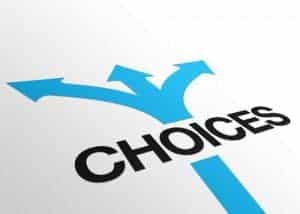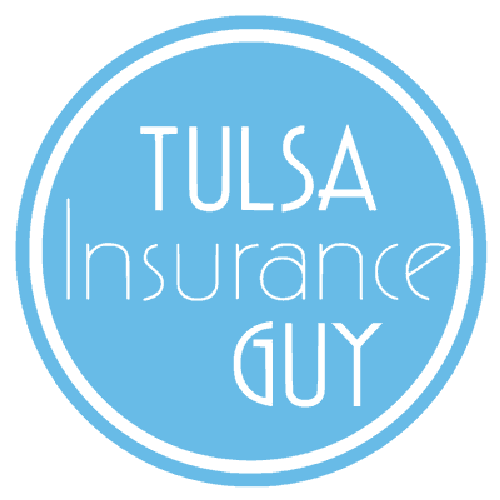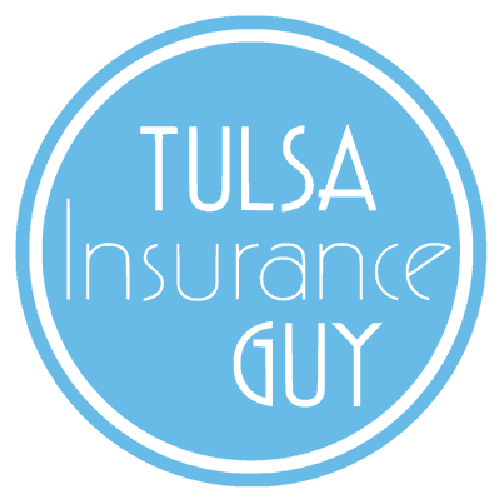10 Mar Captive Agency versus Independent Agency
Captive Agency versus Independent Agency
 In case the insurance industry isn’t confusing enough with all the flavors and sizes of products, let’s talk a little about the distribution of all those products. Is your insurance guy an agent or a broker? Do they have a local office or are they in a cubicle somewhere on the continent? Are they licensed by your state or not? This may sound trivial but could be important to you, the consumer. There are basically three types of distribution systems that an insurance salesperson will work in:
In case the insurance industry isn’t confusing enough with all the flavors and sizes of products, let’s talk a little about the distribution of all those products. Is your insurance guy an agent or a broker? Do they have a local office or are they in a cubicle somewhere on the continent? Are they licensed by your state or not? This may sound trivial but could be important to you, the consumer. There are basically three types of distribution systems that an insurance salesperson will work in:
The Direct Writer has become more popular over the last decade because they usually offer the lowest priced product. These are insurance salespeople (not always licensed) that offer insurance products directly from the company they work for. GEICO is probably the best known example of a direct writer. Their rates are normally lower because they do not pay a commission to an agent or agency. They typically only sell their branded product but sometimes act as a wholesaler for other non-owned companies. If you are looking for only the cheapest insurance product available, the direct writer will usually make sense. If you are looking for multiple products such as auto insurance, homeowner’s insurance and an umbrella product, they will in most cases not have this available. The agent working for a direct writer is considered to be a captive since the products they represent are controlled by the company they work for. A consumer that prefers risk management services from their agent is typically not a good fit for the direct writer.
Captive or Captured Agency
Probably the most well known type of agent, the captive or captured agent represents only one company. A typical example would be an Allstate or State Farm agent although there are many more. This agent signs an agreement with the company that they will not represent any other insurance companies without written permission provided by the company they represent. Some captured agents do gain access to other companies but only for providing products that their flagship company will not offer. These agents have a local brick and mortar presence in their communities and invest substantial capital to open their office. The captured agent is at somewhat of a disadvantage in the marketplace because they have no control over products or pricing. They typically can offer most any type of product required but in most cases, all customers must fit in a cookie-cutter mold and it’s a take it or leave it conversation. The captured agent is more inclined to offer risk management services since they offer most every type of product needed. The consumer can visit their offices anytime and they are active in their community. The captive agent can access resources provided by their company so that if they
are uncomfortable presenting a certain product, the company will typically send in someone who is very familiar with the product to assist in the presentation. Many of the major carriers have moved toward an emphasis on financial products and expect their agents to become very familiar with these as well.
Broker or Independent Agency
Agents that represent multiple insurance companies are referred to as brokers. These agents are always licensed and may or may not have a brick and mortar office. They are at an advantage since their insurance carriers are actually competing for their business. Typically, a broker will provide a wide range of products with many companies to choose from. This translates into an advantage for their customers. For example, if they have placed your auto insurance business with Company A whom then takes a large increase, they can simply re-write that policy with Company B who is more competitive. The independent agency has much more control over their business compared to the captured agent which can result in better rates and larger product availability for their customers. They are also usually more knowledgeable about products and the marketplace since they are getting information from many different sources instead of just one company. The consumer may benefit greatly by accessing a reputable insurance broker through better pricing, larger product selection and risk management services.
The type of agent a consumer chooses should be based on their current and future needs. It makes much more sense to establish a trusting relationship with an agent or broker that can meet all your insurance needs and can act as a risk manager rather than an order taker.



Sorry, the comment form is closed at this time.